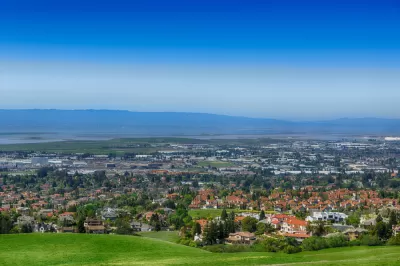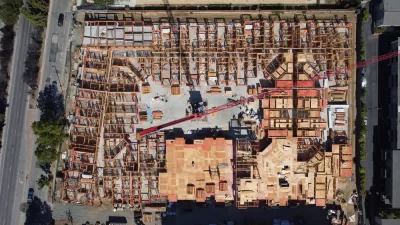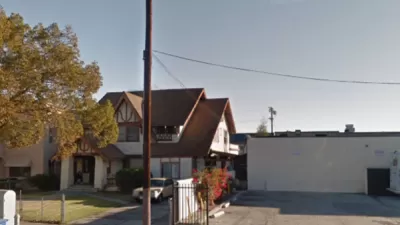Some California cities and counties are appealing regional housing allocations, which could have a meaningful impact on how and where development occurs over the next decade.

As Louis Hansen reports, "[m]ore than one-quarter of Bay Area municipalities are rising in a crescendo of complaints against proposed state guidelines for housing development that could reshape the region’s downtowns and neighborhoods," citing concerns including a lack of jobs and inadequate infrastructure like roads, sewers, and transit. "[C]omplaints largely argue that higher development targets are unrealistic and based on faulty assumptions, methods and overlooked data."
In the most recent Regional Housing Needs Allocation process, "[t]he region’s overall goal more than doubled to 441,000 new homes and apartments for the next 8-year cycle beginning in 2023," with "tougher penalties for cities missing their targets."
"The appeals, disputes, fights and policy skirmishes could play a large role in how and where Bay Area cities develop new homes and apartments during the next decade. Amid record-high home prices and rents, economists and planners are urging more development or the region will risk stifling its innovative and booming economy." According to " pro-housing group California YIMBY, "11 of the 18 cities with the highest median household incomes in the region are protesting their housing allotment." The current appeals "could be a preview of which cities plan for dense, new neighborhoods and apartment towers, and which will dig in for long, costly legal battles to protect the status quo."
FULL STORY: Who’s fighting new housing? Look to wealthier Bay Area communities

Alabama: Trump Terminates Settlements for Black Communities Harmed By Raw Sewage
Trump deemed the landmark civil rights agreement “illegal DEI and environmental justice policy.”

Study: Maui’s Plan to Convert Vacation Rentals to Long-Term Housing Could Cause Nearly $1 Billion Economic Loss
The plan would reduce visitor accommodation by 25% resulting in 1,900 jobs lost.

Planetizen Federal Action Tracker
A weekly monitor of how Trump’s orders and actions are impacting planners and planning in America.

Waymo Gets Permission to Map SF’s Market Street
If allowed to operate on the traffic-restricted street, Waymo’s autonomous taxis would have a leg up over ride-hailing competitors — and counter the city’s efforts to grow bike and pedestrian on the thoroughfare.

Parklet Symposium Highlights the Success of Shared Spaces
Parklets got a boost during the Covid-19 pandemic, when the concept was translated to outdoor dining programs that offered restaurants a lifeline during the shutdown.

Federal Homelessness Agency Places Entire Staff on Leave
The U.S. Interagency Council on Homelessness is the only federal agency dedicated to preventing and ending homelessness.
Urban Design for Planners 1: Software Tools
This six-course series explores essential urban design concepts using open source software and equips planners with the tools they need to participate fully in the urban design process.
Planning for Universal Design
Learn the tools for implementing Universal Design in planning regulations.
Caltrans
Smith Gee Studio
Institute for Housing and Urban Development Studies (IHS)
City of Grandview
Harvard GSD Executive Education
Toledo-Lucas County Plan Commissions
Salt Lake City
NYU Wagner Graduate School of Public Service





























